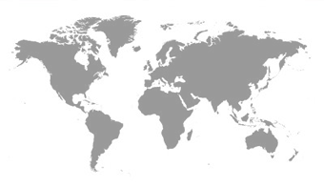Pork prices set to rise with crate ban
A ban on sow crates will mean price rises and some farmers may be driven out of the industry, the Pork Industry Board says.
Agriculture Minister David Carter announced yesterday that the practice would be phased out by the end of 2015.
The board supports the new animal welfare code, but says it will cost farmers more than $20 million.
Chief executive Sam McIvor admitted the change would drive up the cost of local pork, bacon and ham, tempting shoppers to buy cheaper imported products.
"Farmers are going to need to be paid more for their product because the cost is going to be borne by the farmer."
It was "always a concern" shoppers would buy imported pork. "The best we can do is make it clear to consumers why we are different ... and ask for their loyalty." The board hoped the move would provide a growth opportunity.
But he said: "It is a competitive environment and we need to compete against an imported product. We expect that there will be people that will leave the industry as a result of this decision."
Mr Carter said he accepted the cost of producing pork would be "marginally more expensive" than for imported meat.
"Certainly the Government won't be paying anything towards this code." But he said it was "a very positive marketing opportunity" for the industry.
New Zealand would have some of the tightest welfare conditions in the world. "This is the opportunity for New Zealanders to show that they are as interested in welfare as they claim they are."
The new code will limit use of sow stalls to four weeks after mating in 2012 and ban the practice by the end of 2015. However, there will be no ban on farrowing crates – which are used to stop sows rolling on newborn piglets.
The National Animal Welfare Advisory Committee reviewed the code for the Government. No country had come up with a cost-effective solution to reducing the problem of piglets being killed when sows rolled on them,chairman John Hellstrom said.
Green Party animal welfare spokeswoman Sue Kedgley said public opinion had forced the ban.
This article hasn't been commented yet.

















Write a comment
* = required field